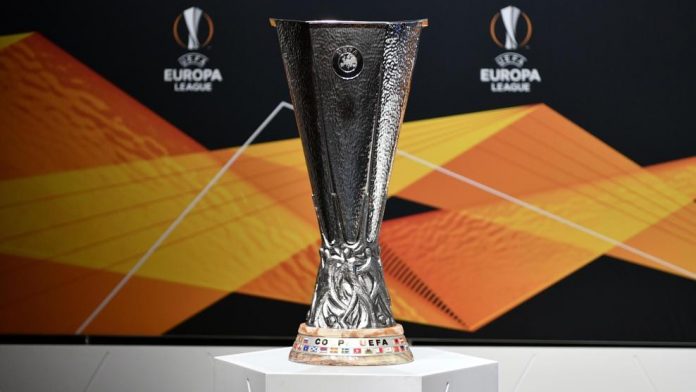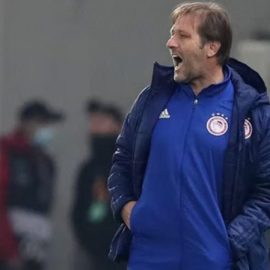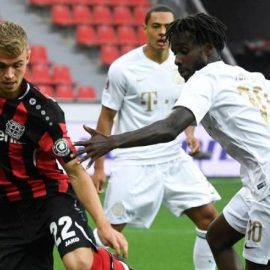On August 7th, Anzhi Makhachkala president Konstantin Remchukov announced that due to issues with the club finances, the Russian Premier League side will have to have a fire sale of many of their players as they look to “restructure following and focus on developing young players through the academy”.
In the financial world, a “fire sale” is more often than not a clear sign of an impending bankruptcy or other financial distress; hence when a company announces a “fire sale of their assets” it’s an obvious sign that all is not so peachy with the firm’s finances.
Yuri Zkirkov, Igor Denisov and Aleksandr Kokorin were sold as a package deal to Dynamo Moscow, and as the transfer window winds down, rumors continue to swell that they may not be the last to depart the Dagestan outfit – star signing Samuel Eto’o, signed from Inter Milan back in the summer of 2011 and instantly became the highest paid footballer in the world due to his astronomical salary of over €20 million – may be the next one out the door as the club looks to cut costs drastically in an attempt to stem their financial hemorrhaging, with the likes of Chelsea and Inter having been linked with interest in the 32-year-old Cameroonian international.
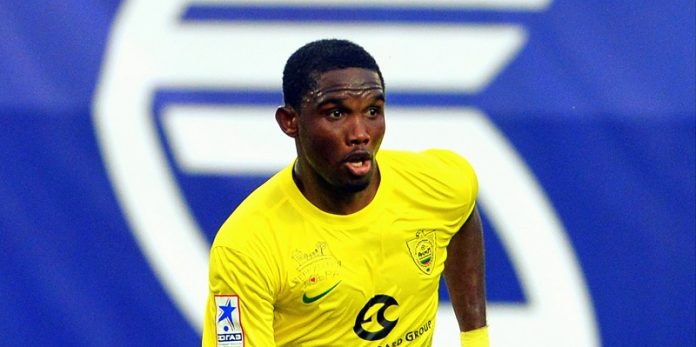
Indeed, the seemingly sudden implosion of a club that aspired to earn (or buy, as some snide cynics may say) itself a seat at the football world’s financial elites’ table is quite shocking. Or is it?
In the span of one season, Anzhi have gone from Europa League aspirants to uncomfortably residing in the relegation zone: with two draws and three losses, they’re well behind the likes of Zenit St. Petersburg as well as both CSKA and Spartak Moscow in qualifying to any kind of European football next season.
Sure, the 2013-2014 Russian Premier League has only gotten underway, but considering the grandiose ambitions of billionaire owner Suleyman Kerimov, who took over the beleaguered club midway during the 2011-2012 league campaign it’s quite disappointing, especially considering that the club finished third in the league and were runners up in the Russian Cup last season.
And, although Anzhi failed to progress past the last-16 in the Europa League, it was an improvement over their previous fifth place finish, which in itself was impressive considering that the club, which was only founded in 1991, and were still new entrants to Russian football’s top tier.
Nonetheless, the hope (perhaps a tad optimistically) was that given the strength of their signings and seemingly unlimited financial resources, Anzhi could possibly be a viable contender for another top-three finish in the league this season. After all, if they couldn’t even compete for the league title alongside the likes of Zenit or CSKA Moscow, how could anyone realistically expect them to play any serious role in any kind of continental competition?
For Russian Premier League fans, their favorite teams’ performances in continental competition has at times been what one could describe as fairly successful, in particular in the Europa League. CSKA Moscow made history by winning it in the 2004-2005 season and Zenit, not to be outdone, did the same in 2008.
With regards to Zenit, while successful in the second tier competition, their big purchases in the transfer market (last season alone, they splashed about €80 million on Hulk and Axel Witsel from Portuguese sides Porto and Benfica respectively) have failed to have the impact in the Champions League that the owners would have liked—last season, they failed to get out the group stages that many had expected them to finish top of a quartet that included newbies Malaga, a drastically weakened AC Milan, and Belgian side Anderlecht.
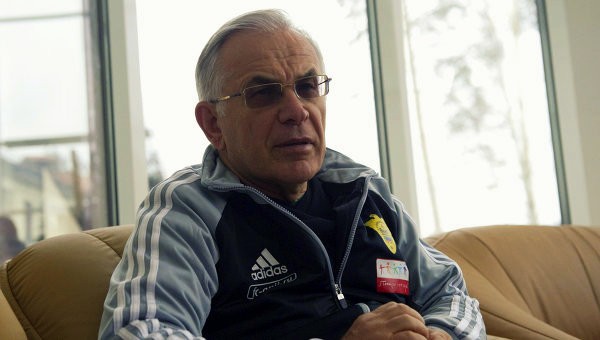
But, back to the beleaguered Anzhi – known as the Orlov (Eagles) to their supporters – certainly a clear sign that the deck of cards had already started crumbling was the abrupt resignation of manager Guus Hiddink after 18 months with the club, followed by the appointment and subsequent sacking of René Meulensteen after just 16 days at the helm.
Now, with Dagestan-born Gadzhi Gadzhiyev in charge, who incidentally is a seemingly-perpetual manager of the regional capital club, having being in charge for four spells previously, Anzhi must find a way somehow to regroup and cope with the loss of several key players – and likely more to come – if they want to have any hope of continuing on the same run of form that saw them go from the second-tier of Russian football to competing in the Europa League in just a few seasons.
Will Anzhi Makhachkala be able to do so? And if not, what, if any impact will this have on Russian football?
That remains to be seen.
Add Sportslens to your Google News Feed!
